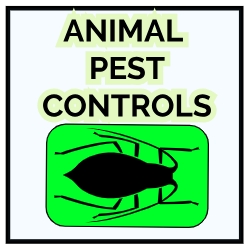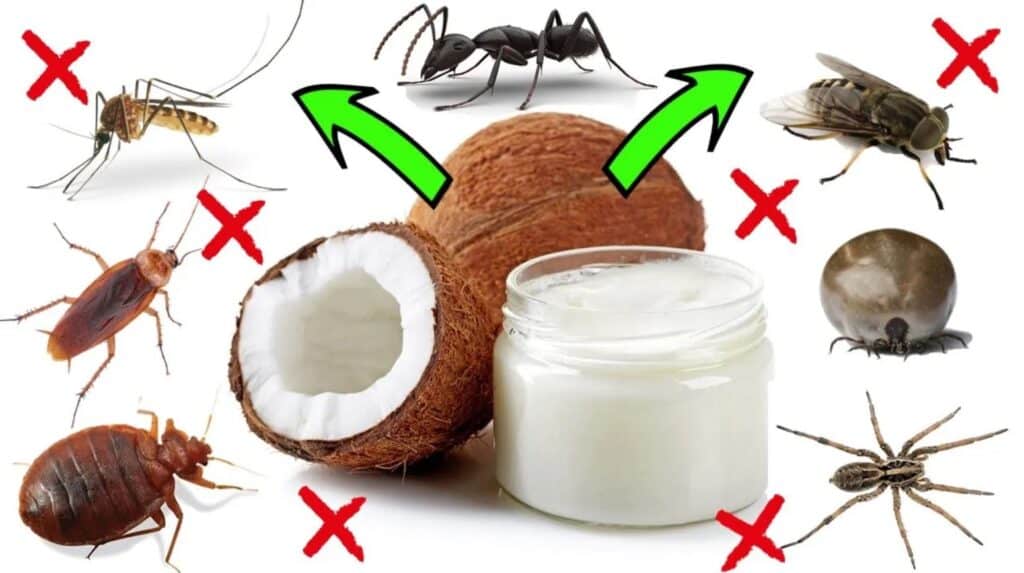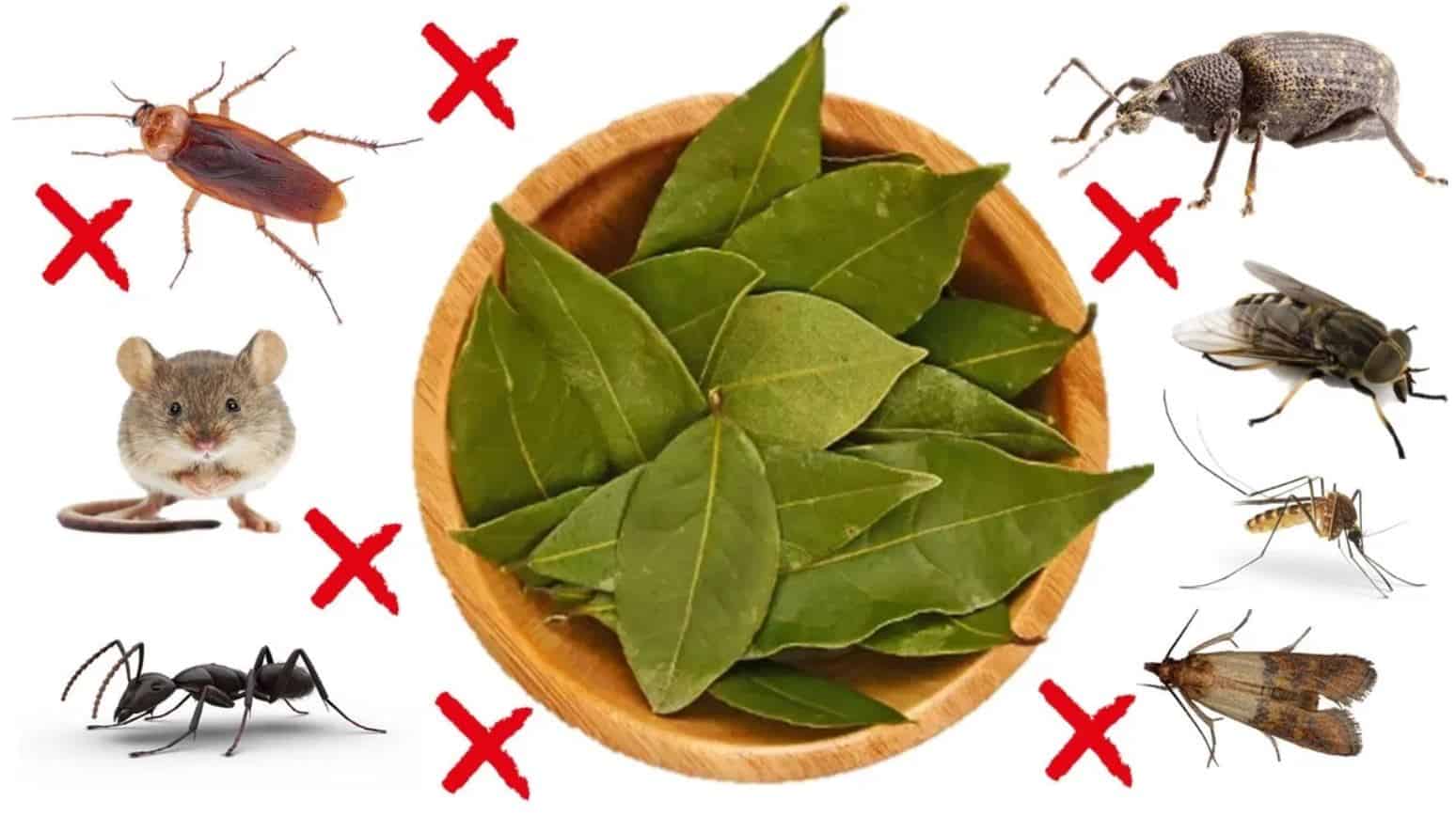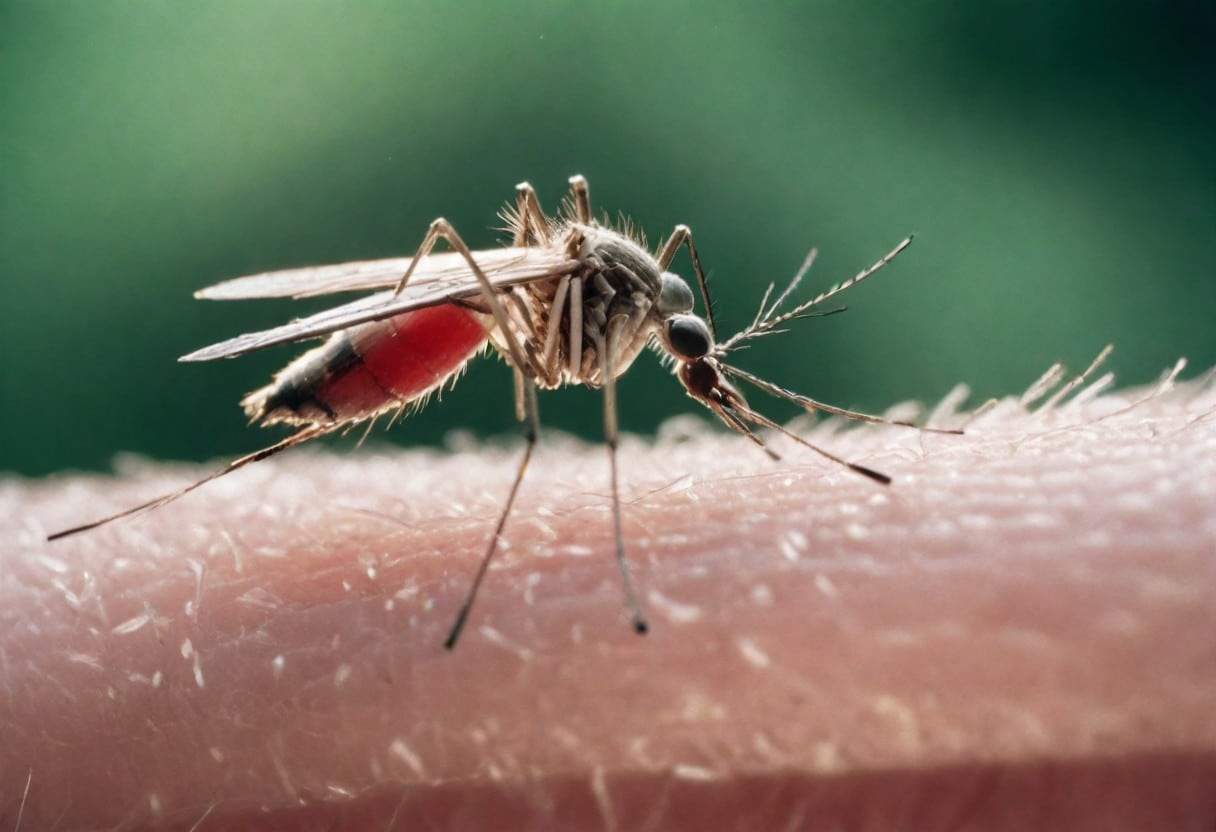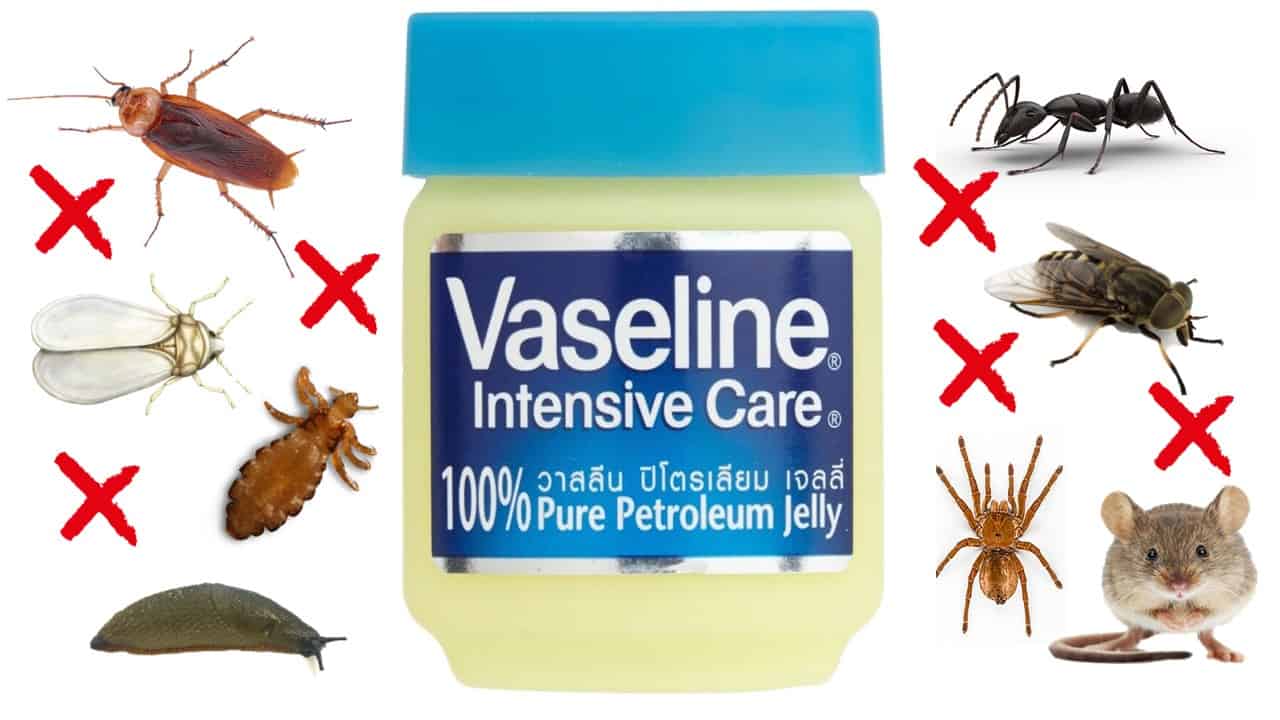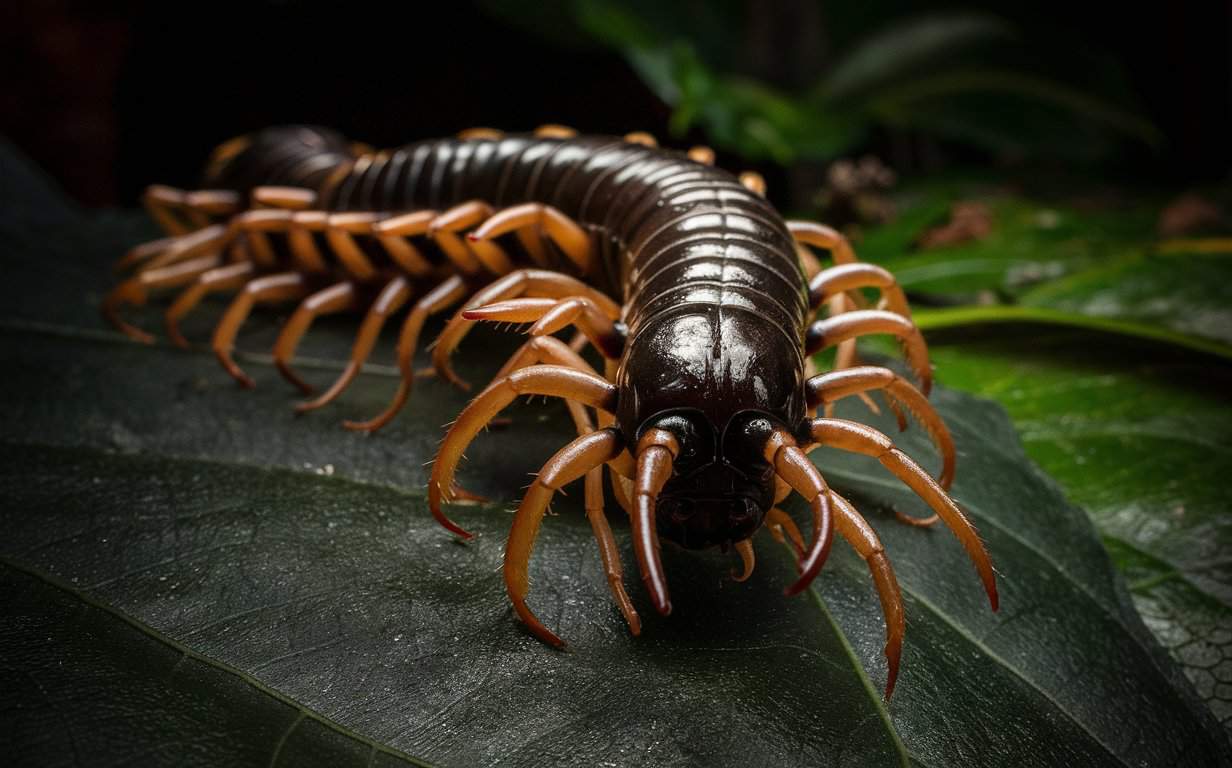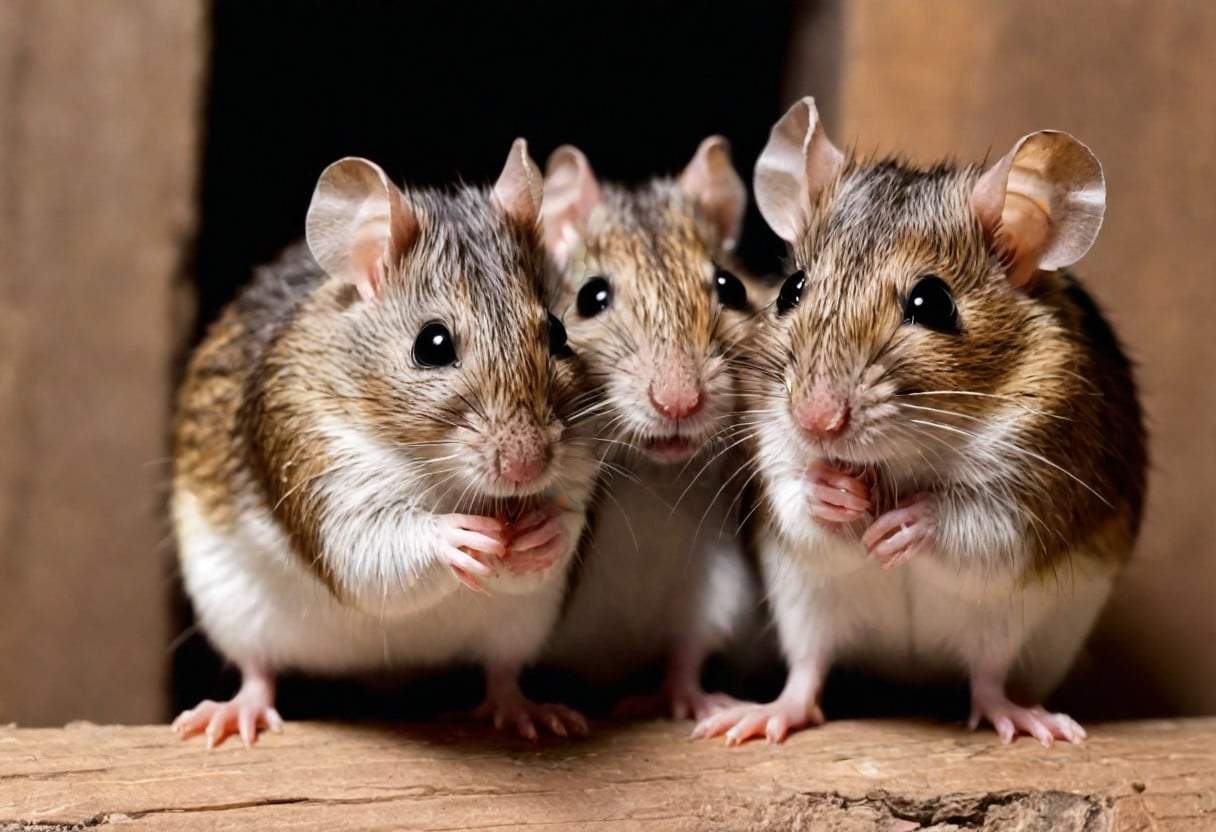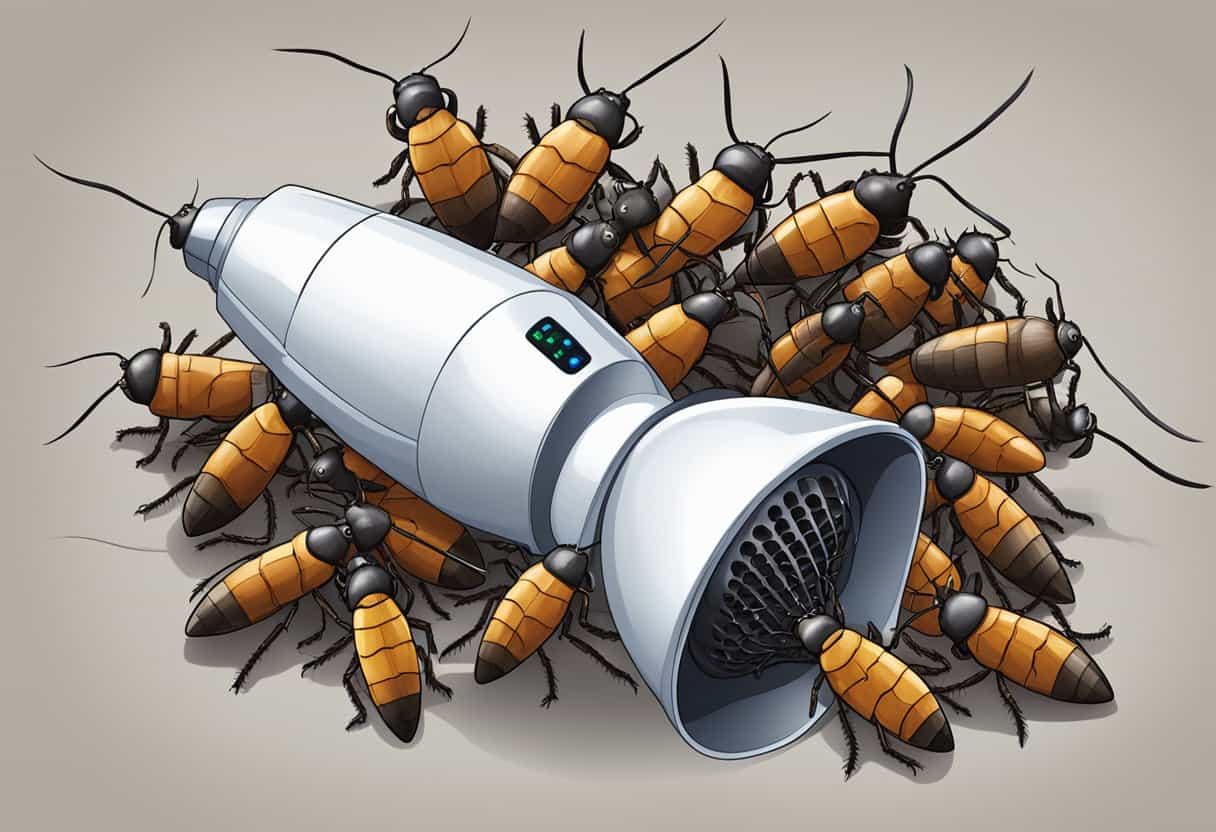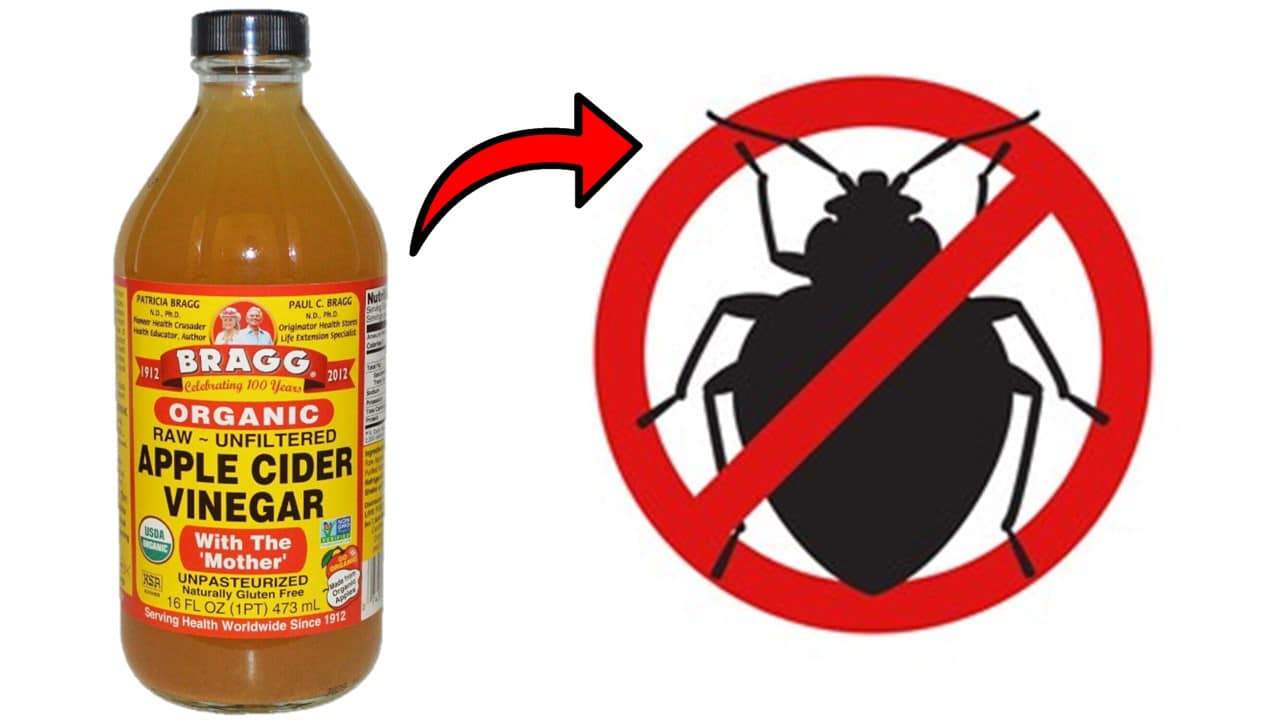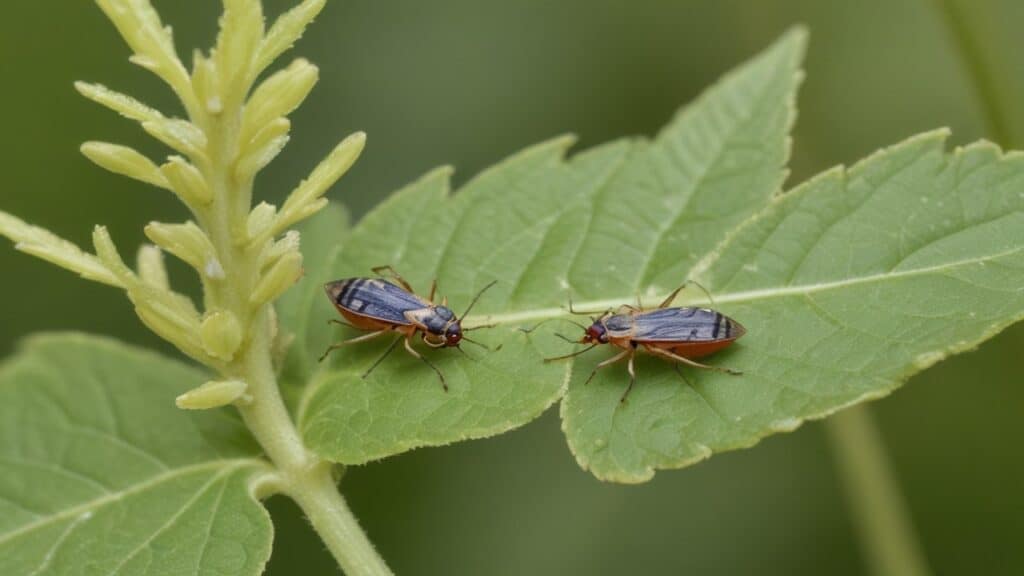Are you tired of playing hide-and-seek with pests in your home? If you’re sick of sharing your living space with uninvited guests, it’s time to evict them with an unexpected ally – coconut oil!
We will reveal how this oil can be an unbeatable weapon against those annoying intruders.
Brace yourself as we spill tried-and-true techniques for using nature’s favorite multitasker to kick pests. It’s time for some coconut-powered magic!
Don’t miss out on this game-changing information. Watch now and take back control or deal with unwanted guests!
Table of Contents
What is Coconut Oil?
Coconut oil is a versatile and highly sought-after natural product with numerous benefits.
Manufacturers extract it from the meat or kernel of mature coconuts through cold-pressing or expeller pressing. The resulting oil has a distinct appearance and properties that make it stand out.
Coconut oil typically comes in a semi-solid state at room temperature due to its high saturated fat content. However, it melts into a clear liquid when exposed to heat.
Coconut oil is a versatile ingredient in the kitchen and a powerful tool to combat pests. In pest control, coconut oil proves to be an effective and natural alternative to harsh chemicals.
The high concentration of lauric acid in the oil is a potent repellent against insects such as ants, mosquitoes, and flies.
Additionally, it can suffocate and kill certain pests by coating their bodies and depriving them of oxygen. Unlike synthetic insecticides that harm the environment and pose risks to human health, coconut oil offers an eco-friendly solution with no adverse side effects.
What are the Ways to Eliminate Pests with Coconut Oil?
1. Mosquitoes
Mosquitoes are the tiny bane of our existence. These annoying pests can ruin time outdoors. Even so, they’re carriers of deadly diseases like malaria, dengue fever, and Zika virus.
While there are many ways to repel mosquitoes, coconut oil is a natural alternative that keeps these bloodsuckers away. Besides, it nourishes and protects the skin.
The secret to this quality lies in the medium-chain fatty acids (MCFAs).
These fatty acids have antimicrobial and antifungal properties that prevent mosquitoes from landing on your skin. In addition, coconut oil contains lauric acid, which can repel insects.
Applying a thin layer of coconut oil onto exposed body areas can create a barrier that mosquitoes find unattractive. You can use it in various forms to combat mosquito infestations.
One popular method is to make a bug spray by combining coconut oil with essential oils like citronella or eucalyptus.
Another option is mixing coconut oil with neem leaf extract to create a natural repellent lotion that wards off mosquitoes and soothes any existing insect bites or irritation.
Now armed with this knowledge about the incredible power of coconut oil against mosquitoes, you can enjoy those beautiful summer evenings on your porch without worrying about becoming their next meal.
2. Ants
Ants are tiny insects that scurry around in search of food. They may seem harmless but quickly become a nuisance when they invade homes and gardens.
Luckily, coconut oil is a natural solution to keep these pesky insects at bay. Coconut oil contains lauric acid, a powerful insect repellent. You can deter ants from entering your home by applying coconut oil as a barrier to entry points such as window sills and door frames.
It’s also an effective deterrent for ants in the garden.
Mix a few tablespoons of coconut oil with carrier oil and water and spray on plants or around flower pots to create an unwelcome environment for these pests.
Coconut oil is safe to use around children and pets. Moreover, it has moisturizing properties that nourish human skin and hair.
3. Flies
Flies are not only a nuisance but can also pose health risks as they carry disease-causing bacteria. One natural and effective way to eliminate them is by using coconut oil.
Mix equal parts of coconut oil and water in a spray bottle with a few drops of citronella or eucalyptus oil and apply it to places where flies gather, such as garbage cans, outdoor dining areas, or near open windows.
The scent of coconut oil will create an invisible barrier that keeps flies away. Another interesting fact about coconut oil is that it can trap and suffocate flies.
Leave a dish of melted coconut oil mixed with a few drops of apple cider vinegar or fruit juice near the problem area to lure the flies in and capture them.
Once inside the mixture, the sticky nature of the coconut oil traps them, rendering them unable to escape and eventually die.
Next time you deal with pesky flies invading your space, consider using coconut oil instead of chemical-laden insecticides.
You will keep your surroundings free from flies and enjoy the added benefits for your skin and overall well-being.
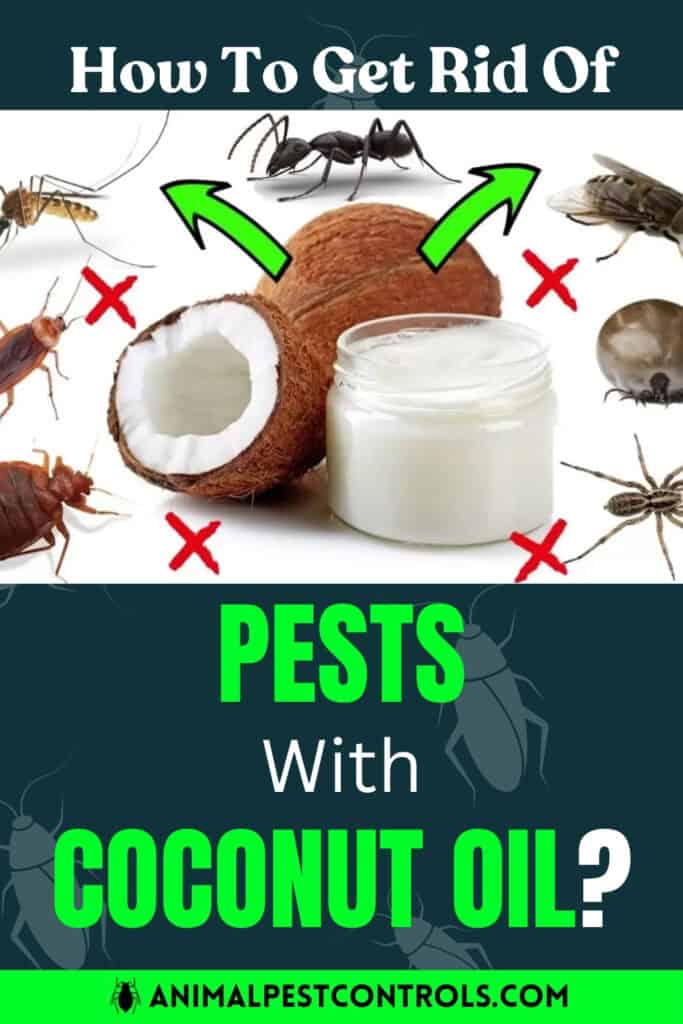
4. Ticks
Ticks are tiny creatures that can wreak havoc on our outdoor adventures.
They are not only annoying but also carry dangerous diseases. While many chemical-based tick repellents are available on the market, many people are turning to natural alternatives like coconut oil to keep these pests at bay.
A fascinating fact about ticks is that they dislike the smell of coconut oil. Coconut oil contains lauric acid and capric acid, which have antimicrobial and insect-repelling properties.
The oil creates a barrier that ticks find unappealing when applied to areas where they are present. Another benefit of coconut oil as a tick repellent is its moisturizing effect on the skin.
Unlike commercial tick sprays that irritate humans, coconut oil provides nourishment and hydration while keeping ticks away.
Given its soothing properties, it’s no wonder many people prefer this natural option over conventional products. To eliminate ticks using coconut oil – mix equal parts of coconut oil and water in a spray bottle.
Shake well to ensure proper mixing of the ingredients. Then, spray the solution lightly on your skin or clothing before going outdoors.
The smell may appeal to humans but deter ticks from coming near you. You can also apply coconut oil on tick bites after removing the tick.
Coconut oil has antibacterial properties that can prevent infection and promote faster healing. Besides, it soothes itching and reduces inflammation from the bite.
5. Bed bugs
Bed bugs are blood-sucking pests that don’t seem to go away. If you’ve ever dealt with an infestation, you know how difficult and frustrating it can be to eliminate them.
While several repellents are available, have you ever considered using coconut oil as a natural solution? It may sound surprising, but this versatile oil has remarkable properties when dealing with bed bugs.
One reason coconut oil is effective against bed bugs is its high lauric acid content. Lauric acid has antimicrobial and insecticidal properties that can kill and repel these pesky insects.
Coconut oil also has a unique ability to suffocate bed bugs by clogging their respiratory system and causing them to dehydrate and die. While coconut oil alone may not eradicate a severe infestation, you can use it with other ingredients for better results.
For example, creating a mixture of coconut and tea tree oil can enhance its effectiveness.
Furthermore, applying coconut oil on furniture surfaces and mattress seams can prevent future infestations by creating an inhospitable environment for these pests.
6. Cockroaches
Cockroaches are resilient pests that can survive in various environments, making them a common nuisance in many households. While several methods can eradicate cockroaches, coconut oil may be an unexpected solution.
The potent properties of coconut oil make it an effective deterrent for these pesky creatures.
Coconut oil features lauric acid, a natural compound with antimicrobial and pest-repellent properties. When cockroaches come into contact with coconut oil or its vapors, the lauric acid disrupts their cellular membranes and dehydrates their bodies.
This process will kill the insects or force them to leave the area for more favorable conditions. Apply coconut oil around potential entry points like cracks and crevices to create a barrier that prevents cockroaches from entering your home.
Besides, mixing coconut oil with peppermint oil or boric acid can enhance its effectiveness.
Conclusion
Coconut oil is a pantry staple that can double as a secret weapon against pests.
Its natural properties make it an effective and safe solution for eliminating unwanted critters around the house. Whether ants invade your kitchen or mosquitoes ruin your outdoor activities, coconut oil will exterminate and send them packing.
So why resort to harmful chemicals when you can use this versatile and eco-friendly alternative? Ensure you stock up on coconut oil and say goodbye to pests forever!
Embrace the power of coconuts and let them be your go-to pest repellent.
